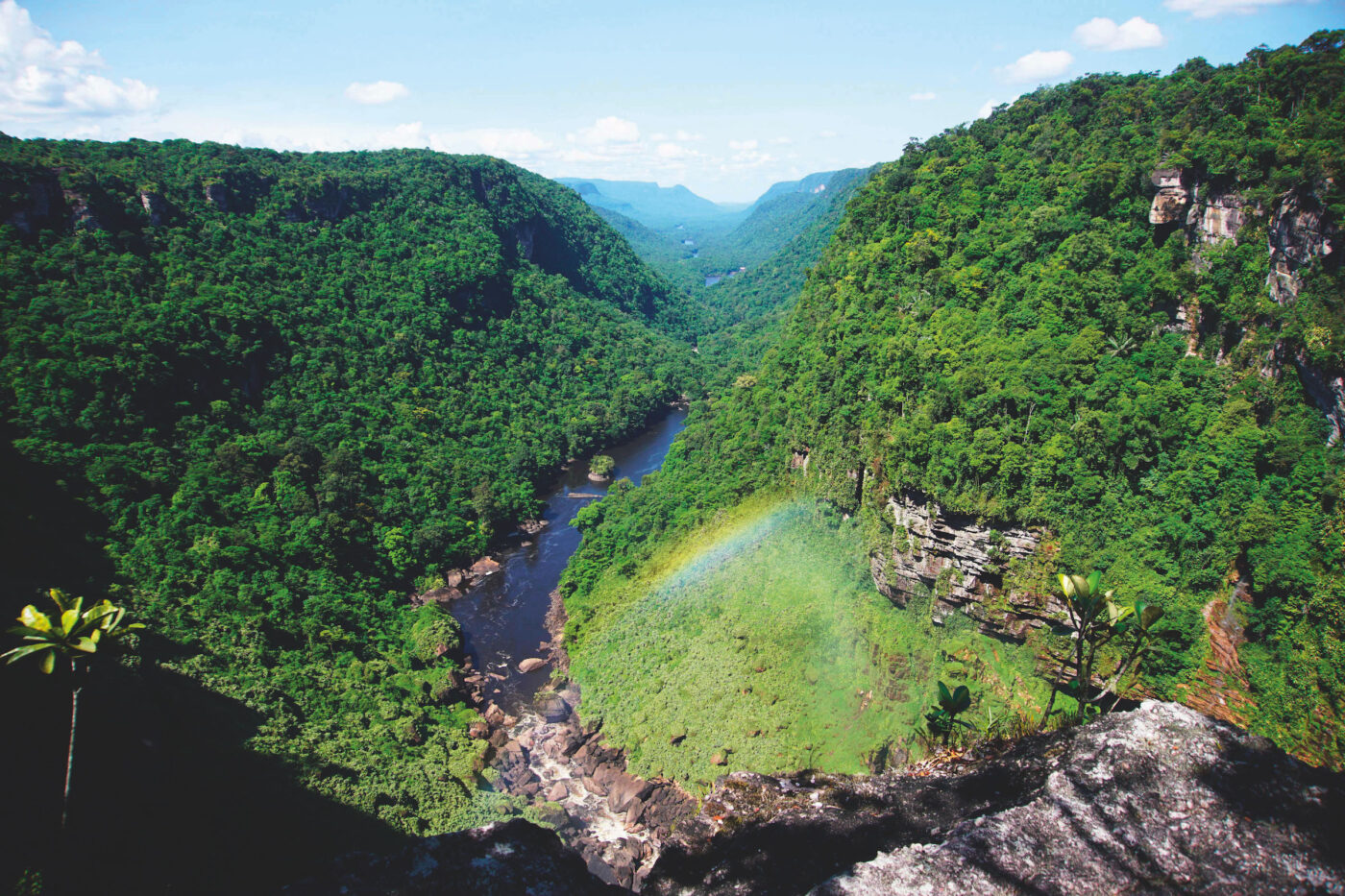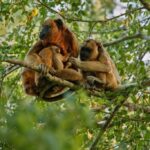Amazon Rainforest: The Lungs of Brazil and the World

The Amazon Rainforest, often referred to as the “lungs of the Earth,” stands as a colossal natural wonder, unparalleled in its ecological significance. Encompassing over 5.5 million square kilometers across nine South American countries, with the majority located in Brazil, the Amazon Rainforest plays a vital role in regulating the planet’s climate and sustaining global biodiversity.
The Respiratory Role of the Amazon:
The metaphorical designation of the Amazon as the Earth’s lungs is rooted in its unparalleled ability to absorb carbon dioxide and produce oxygen. The rainforest acts as a massive carbon sink, sequestering vast amounts of carbon through photosynthesis. The lush vegetation and diverse array of plant species contribute to the production of approximately 20% of the world’s oxygen, a fundamental process for maintaining the delicate balance of the Earth’s atmosphere.
Biodiversity Beyond Imagination:
The Amazon Rainforest is a biological treasure trove, home to an estimated 390 billion individual trees representing around 16,000 different species. This astonishing diversity extends to the animal kingdom, with over 390 billion insects and countless species of mammals, reptiles, and amphibians. The symbiotic relationships within this intricate web of life contribute to the resilience and vitality of the entire ecosystem.
Threats to the Lungs:
Despite its critical importance, the Amazon Rainforest faces escalating threats from deforestation, illegal logging, and agricultural expansion. Human activities, driven by economic interests, pose a severe risk to the delicate balance of this extraordinary ecosystem. The clearing of land for cattle ranching and soy cultivation contributes to habitat loss, disrupting the intricate relationships that sustain the rainforest’s biodiversity.
Conservation Efforts and Indigenous Stewardship:
International awareness and concerted conservation efforts have been initiated to address the challenges facing the Amazon Rainforest. Conservation organizations, governments, and indigenous communities are working collaboratively to implement sustainable practices, enforce protected areas, and combat illegal activities. Indigenous peoples, who have long been the custodians of the rainforest, play a crucial role in its preservation, leveraging traditional knowledge and sustainable practices to protect their ancestral lands.
Global Impact:
The health of the Amazon Rainforest is not only vital for South America but has global implications. The interconnectedness of the Earth’s ecosystems means that the well-being of the Amazon directly affects climate patterns, biodiversity, and even the air we breathe across the entire planet. The urgency to address the challenges facing the Amazon is a shared responsibility that transcends borders and requires international cooperation.
The Amazon Rainforest, often hailed as the “lungs of Brazil and the world,” stands as a testament to the intricate relationships between nature, climate, and biodiversity. Preserving this unparalleled ecosystem is not just a regional concern but a global imperative. By understanding the profound impact of the Amazon on the health of our planet, we can collectively work towards sustainable solutions that ensure the longevity and vitality of this irreplaceable natural wonder.

